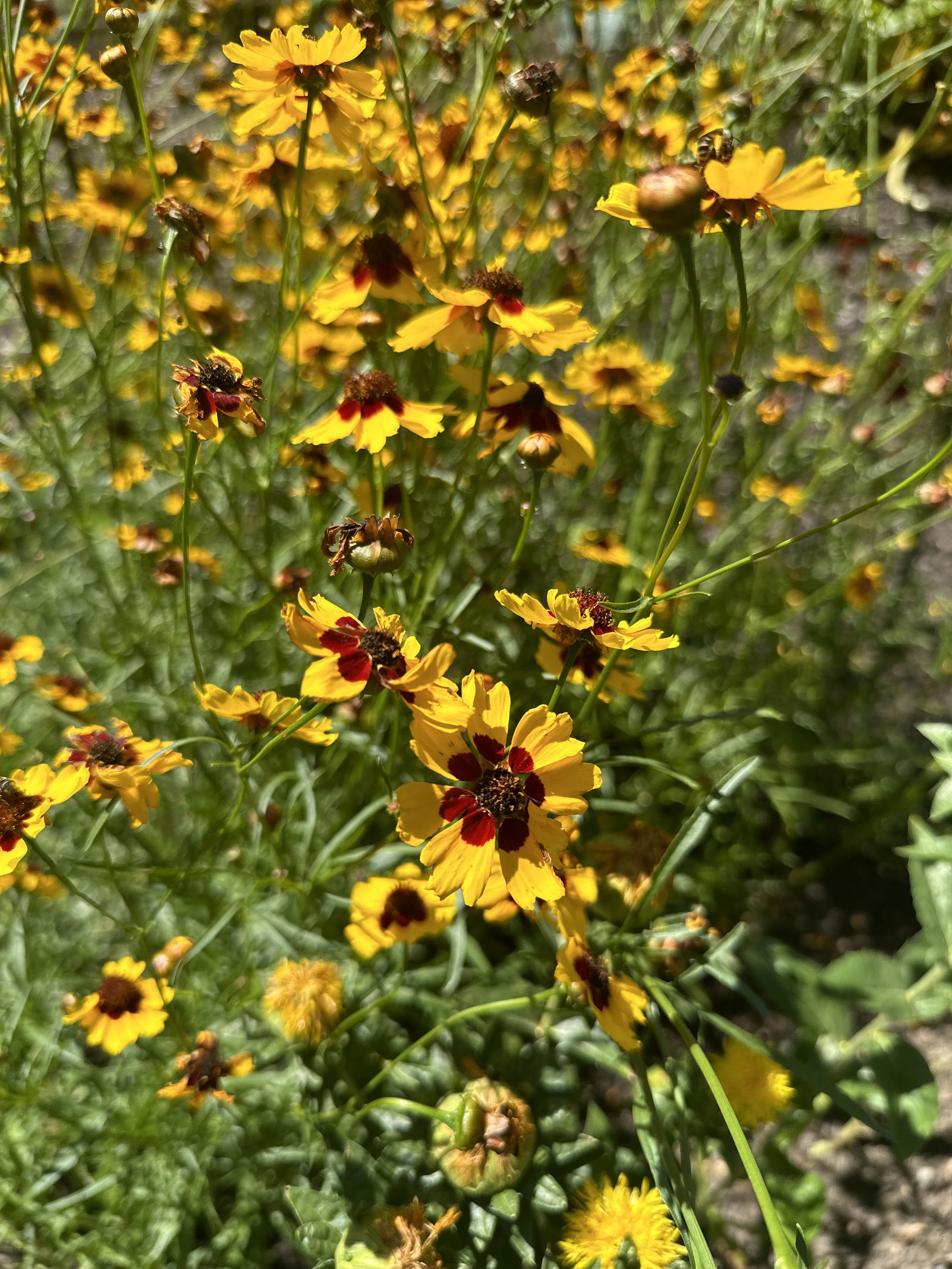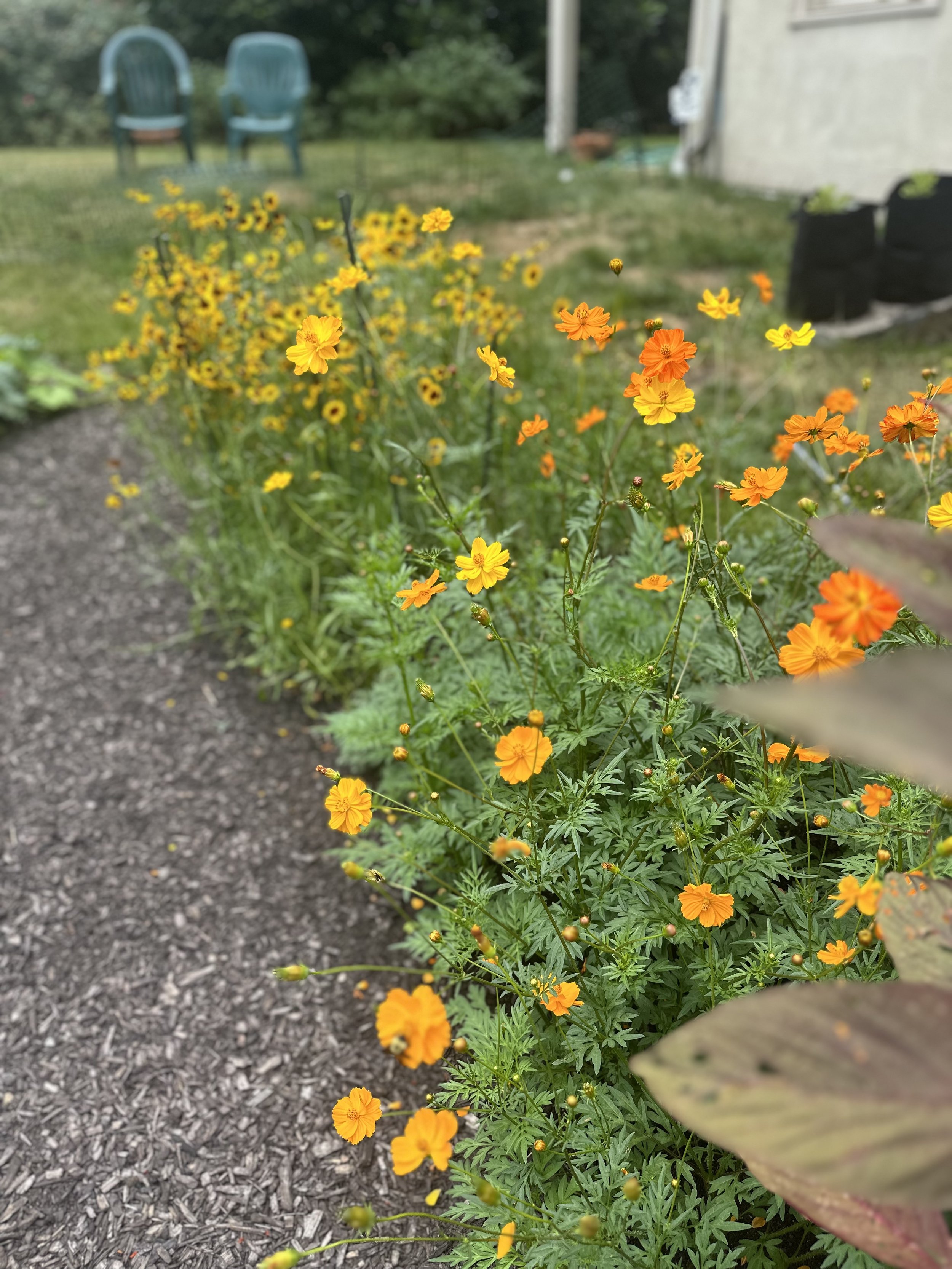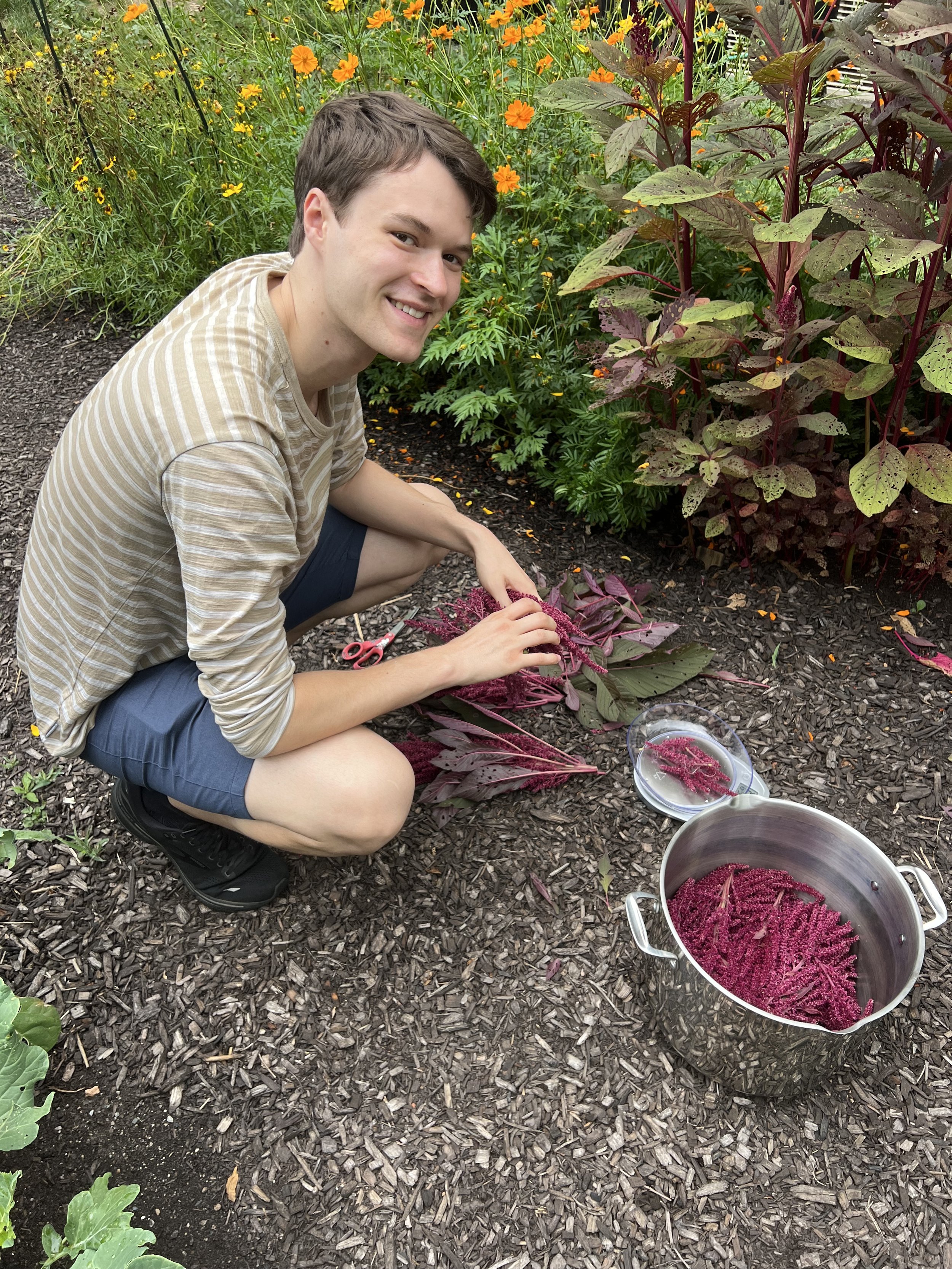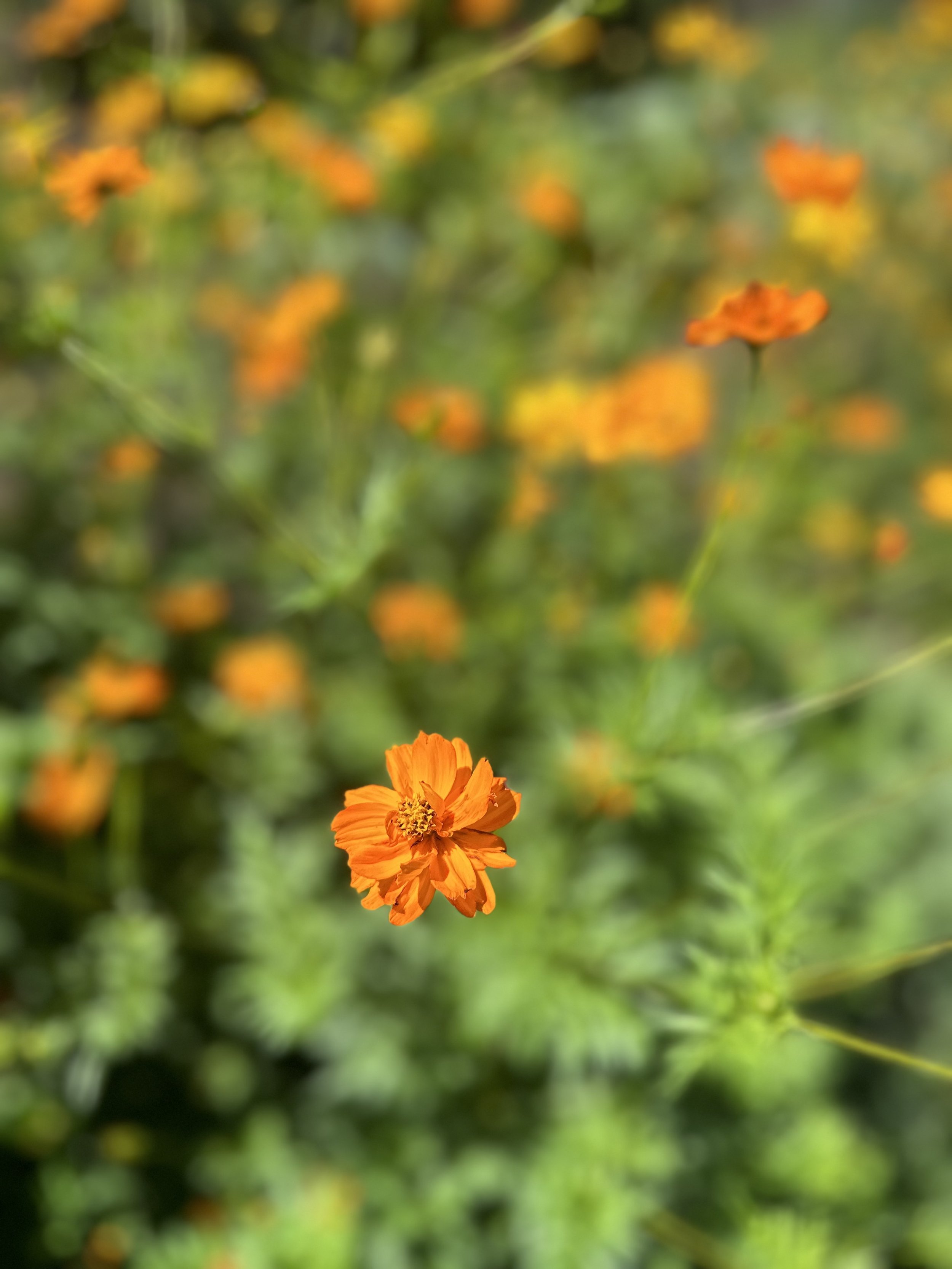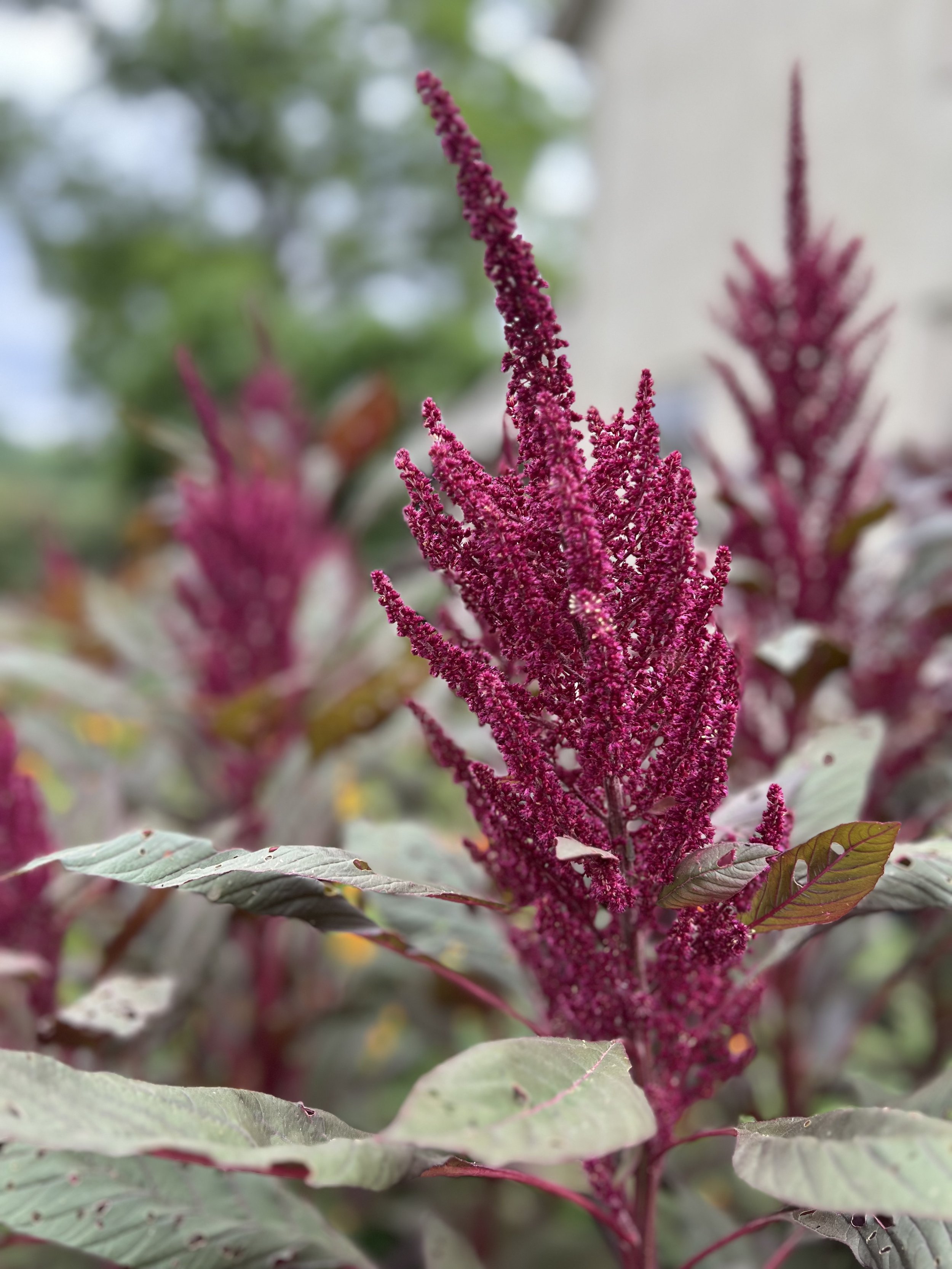Sustainability
Hemma Textiles is founded upon preserving Swedish textile arts in an ethical and sustainable manner.
Sustainable Commitment
The modern textile industry is deeply unsustainable, facing challenges related to pollution, water usage, carbon emissions, and human rights. Consumers are engaging in unprecedented levels of consumption, spurred by the ever-increasing trend cycles of fast fashion. With limited options for recycling textile waste, and not a lot of incentive to do so, our consumption of textiles is turning into a global crisis.
Addressing these issues is no simple task; finding solutions requires reimagining the textile industry. Hemma Textiles is my way of contributing to this transformation by focusing on small-scale production, cultural preservation, and engagement with others to show what an alternative reality could look like.
I create each piece with intention, craftsmanship, and respect for Swedish traditions, aiming to foster a special connection between my textiles and their owners. Social media has allowed me to share my methods of production, highlighting the entire process from dyeing to weaving to finishing.
My goal is to introduce people to the skill and effort that go into textile production, and the joy of working with one’s hands. Whether by inspiring others to try weaving or by offering handwoven items in my shop that can be enjoyed for a lifetime, I hope to help change the general perception of textiles from mass-produced items to cherished objects that can be appreciated more and more with each use.
Supply Chain
Weaving sustainable textiles begins with a sustainable supply chain. Finding ethical suppliers can be challenging, and establishing my own supply chain took a lot of research and time. For reasons of transparency, I am including a list of my yarn and dye suppliers. All suppliers have received sustainable certifications, such as Oeko-Tex Standard 1000 and GOTS, or source their products from small-scale community projects.
Yarns
For US Customers, Bockens and Garnhuset yarns can be purchased through Vävstuga Swedish Weaving School’s website.
Kindly remember that the most sustainable choice is often using what you already have. If a friend or relative has extra yarn (even if it might not come from a sustainably certified source), it is better to use that than to buy new or let it end up in a landfill.
Dyes
Also consider starting your own dye garden! Here are some pictures of my own garden, where I routinely grow indigo, coreopsis, dyer’s chamomile, cosmos, marigold, weld, and safflower. Additionally, check what grows locally in your area - it is often possible to forage for dye materials. Just be sure to ask for necessary permissions, and forage in moderation.

